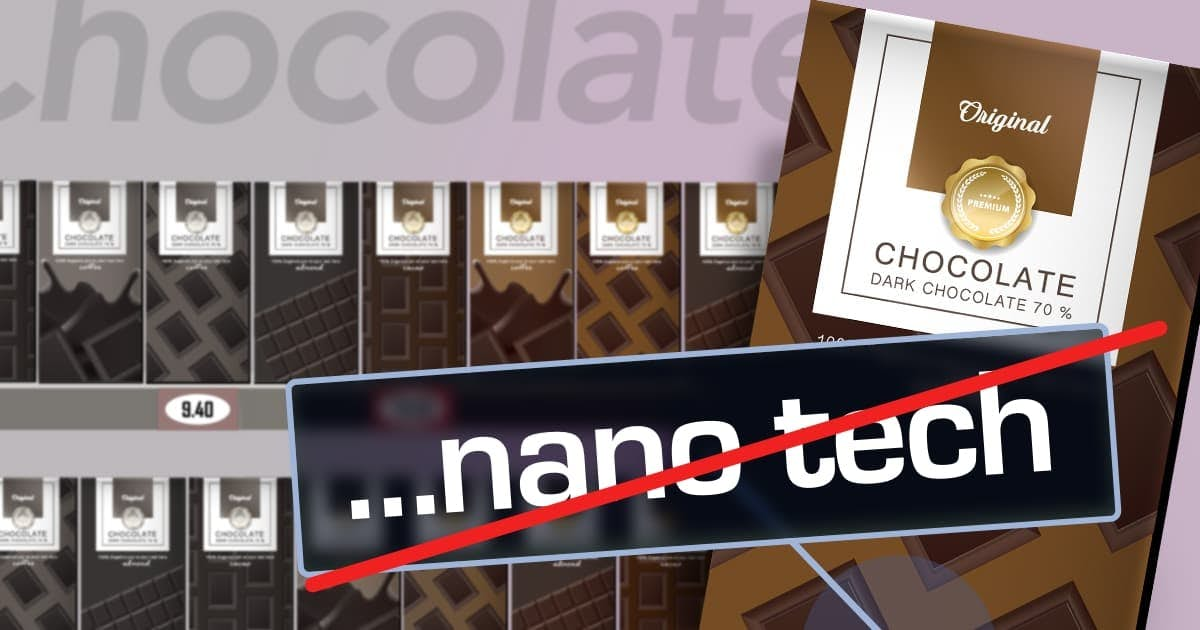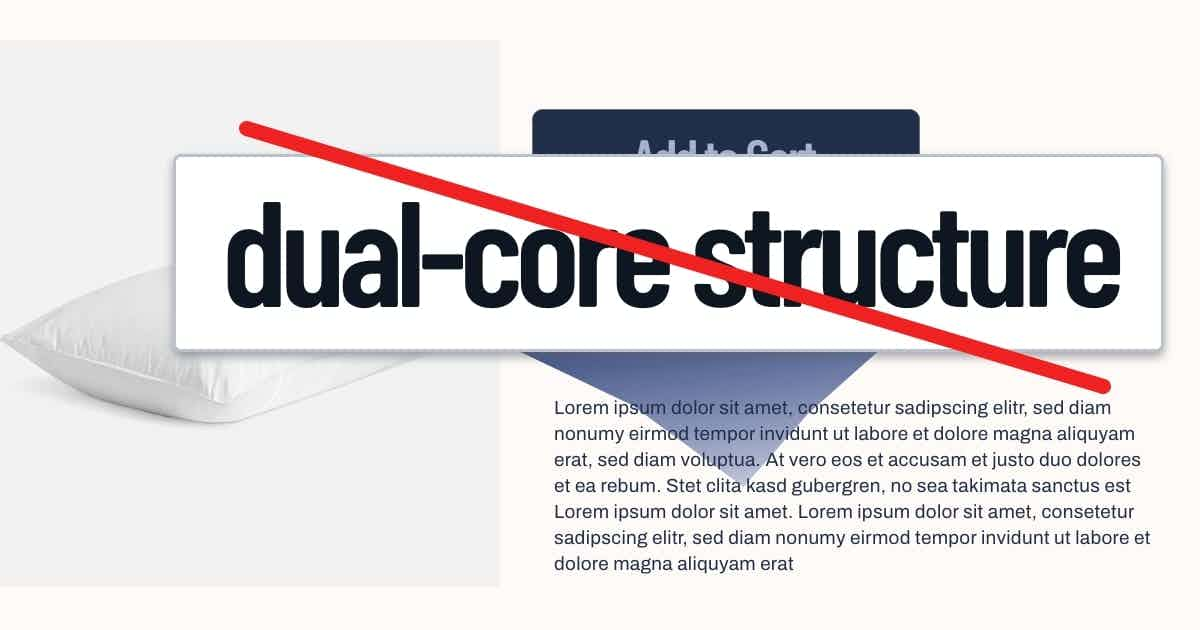Don't Use Science to Sell Emotional Products
Science is persuasive, unless you sell emotional products. Then it feels unexpected and misplaced, weakening the perceived benefits.

Overview
Science is persuasive, unless you sell emotional products.
Across 10 studies, customers were less likely to buy emotional products with scientific rationales (Philipp-Muller, Costello, & Reczek, 2023).
- Science: "Our rigorous scientific development process ensures that Zoza cookies taste delicious, indulgent, and gooey."
- Control: "We ensure that Zoza cookies taste delicious, indulgent, and gooey."
Participants preferred the control cookies.
Why Does It Work?
Emotional products are driven by feelings. They should be easy to process.
Naturally, customers prefer emotional products near fluent stimuli, like round prices. A $24.37 pillow just feels wrong (Wadhwa & Zhang, 2015).
Same with scientific reasons — these blurbs feel misplaced in emotional contexts.
How to Apply It
Selling a fluffy pillow?
Don't sell the technical details. Sell the experience.
Brooklinen could probably remove the "dual-core structure" blurb from their pillow description:

Other examples:
- Adding AI Features? Be Cautious. Everyone is jumping on the AI bandwagon, but is it necessary? Maybe not. Fancy tech might pollute your emotional branding.
- Explain Why Science is Necessary. In the studies, a brief disclaimer minimized backlash. Scientists were also immune to this backlash effect.
Other New Stuff
- How Social Do We Need to Be? - Humans need social interaction to improve their well-being. But this goalpost is nearby. Based on research with 180k participants, a moderate amount of social interaction fulfills our intrinsic need. Afterward, these interactions produce diminishing returns (though it doesn't slope downward; Ren, Stavrova, & Loh, 2022).
- Cashless Payments Fuel Unhealthy Purchases - We're more likely to buy unhealthy food with credit cards because we feel less pain. Cash payments are more painful, which pushes our focus toward the guilt and risks associated with these purchases (Park, Lee, & Thomas, 2021).
- Anthropomorphic Money Increases Savings - People saved more money when they saw an image of cash with humanlike traits. It felt more vulnerable, as if it needed saving (Wang, Kim, S., Zhou, 2023).